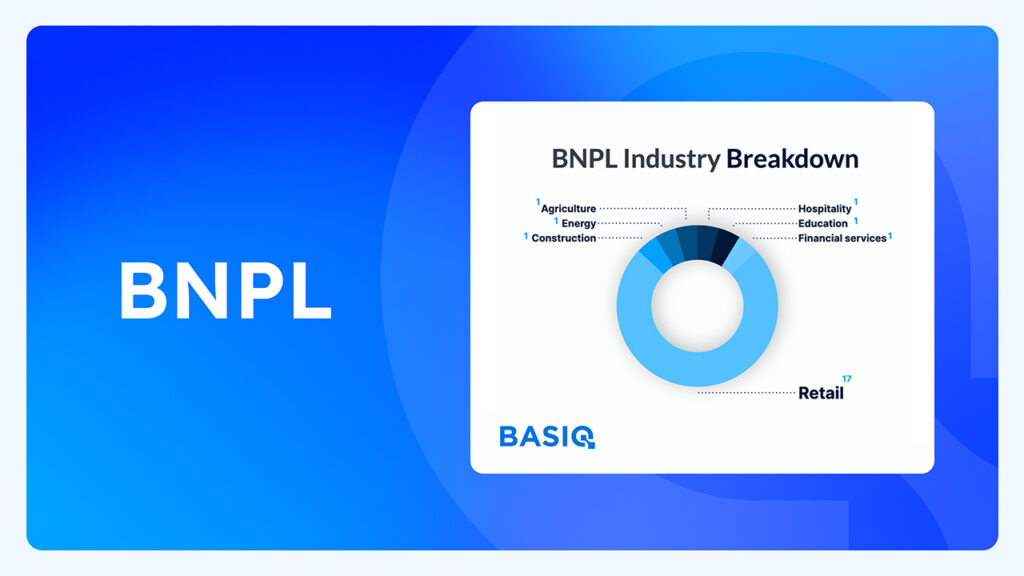Improving assessment accuracy and processing time
With responsible lending in the spotlight and ASIC’s recent update to its credit licensing guidelines it can be difficult for lenders to keep up without compromising their loan processing time. Basiq helps lenders improve the accuracy of their assessments and processing time by providing them with access to verified expenses.
An applicant’s living expenses and spending habits form a large part of determining their financial health and ability to repay a loan. Both the banking royal commission and ASIC have emphasised the need to verify expenses. This is especially as, according to the Australian Financial Review, “more borrowers are overestimating their incomes and underestimating their expenses when applying for a mortgage.”
Moreover, ASIC states that benchmark figures such as the Household Expenditure Measure (HEM) alone do not provide positive confirmation of an applicant’s actual expenses. Not only does the HEM underestimate household expenditure it also does not include expenses such as mortgage repayments, non-government school fees and some medical fees. As a result, the banking royal commission’s final report has stated that an applicant’s bank accounts and actual transaction data offer a far superior source of expense verification.
How Basiq improves the view of an applicant’s expenses
Basiq does just this by categorising an applicant’s actual bank transaction data to provide a full, verified picture of an applicant’s living expenses in seconds.
Basiq uses ABS standard ANZSIC and HEC classification, the same system used to produce socio-economic expenditure reporting by the Australian Bureau of Statistics. This ensures compatibility with national standards and helps produce a granular level of detail from up to 700 categories that has been tested for 95% accuracy.
In a recent study with a big 4 bank that covered 4 million non-cleansed transactions, verified results showed Basiq classification to be 95% accurate and categorisation coverage to be 96%.
Each transaction is also analysed by Basiq using a machine learning model that employs numerous data sources ( 52+) to build confidence and verify output.
Additionally, Basiq is able to aggregate and categorise expenses across all financial institutions. Considering almost two-thirds of Australians have accounts with more than one bank this allows lenders to better understand a wider range of applicants.
Using our expense categorisation it is possible to identify spend on utility bills, rent, groceries and discretionary spend such as takeaways, gambling and clothing. The result can be seen in our upgraded Affordability report which provides both a summary of living expenses and a more detailed view:
Expense Summary
Easily identify discretionary expenses as a proportion of total spend.
Compare regular bills such as utilities and petrol to discretionary spend like gambling or other recreational activities. By identifying discretionary versus non-discretionary spend it is possible to help identify an applicant’s ability to reduce their expenditure and repay a loan.
For example, an applicant spending 50% of their income on basics and another 27% on discretionary items has far less capacity to save when compared to the below individual who is only spending 30% on basics and 47% on non-essentials.

Both individuals have around 23% of their income left to repay debts or save, yet the first applicant will find it significantly harder to reduce expenditure to accommodate a loan.
Expense Details
Using Expense Details, look deeper and see how expenditure is broken down.

In the above snapshots it is easy to see how an applicant’s basic or non-discretionary spend is broken down. Using this it is possible to paint a profile of an applicant and better understand their spending behaviour.
The Affordability report allows lenders to go beyond taking an applicant at their word and verify an applicant’s expenditure. Considering the recent crackdown living expenses in mortgages as well as the July roll-out of open banking it is increasingly important for lenders to take advantage of actual bank transaction data in making lending decisions based on verified information.
Have a read of our latest blog on custom categories to learn how you can take Basiq’s categorisation one step further and specify your own living expenses
Article Sources
Basiq mandates its writers to leverage primary sources such as internal data, industry research, white papers, and government data for their content. They also consult with industry professionals for added insights. Rigorous research, review, and fact-checking processes are employed to uphold accuracy and ethical standards, while valuing reader engagement and adopting inclusive language. Continuous updates are made to reflect current financial technology trends. You can delve into the principles we adhere to for ensuring reliable, actionable content in our editorial policy.




